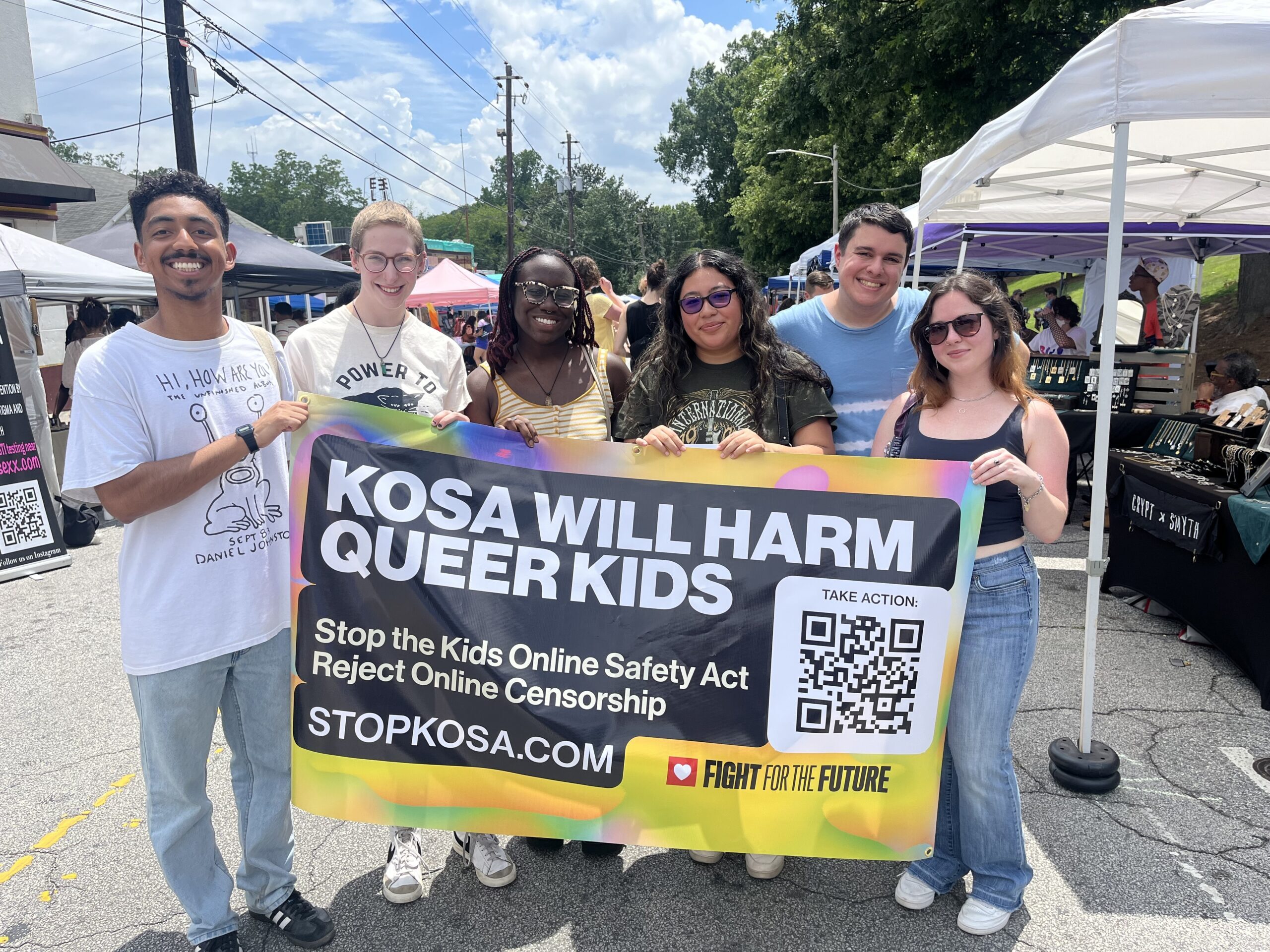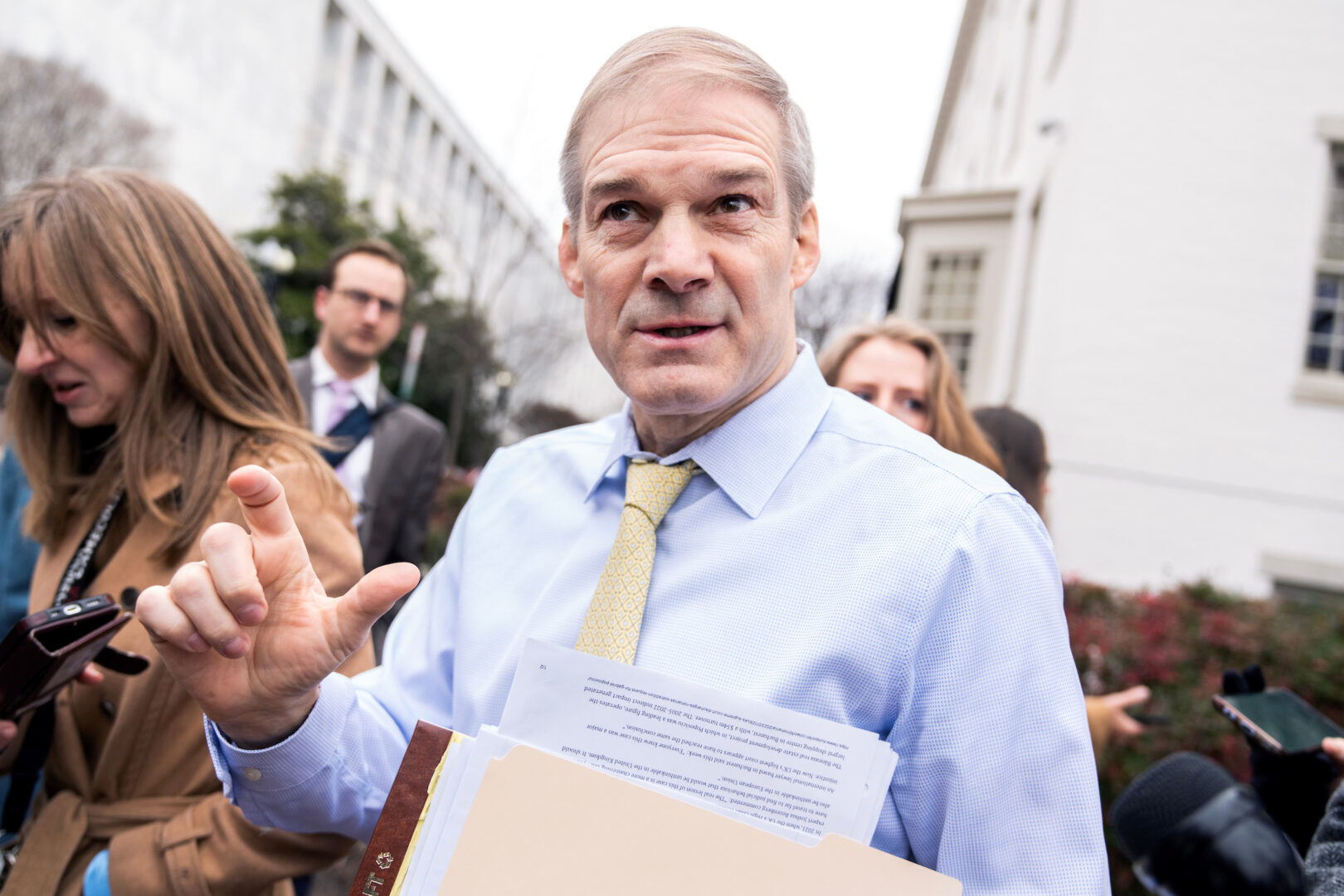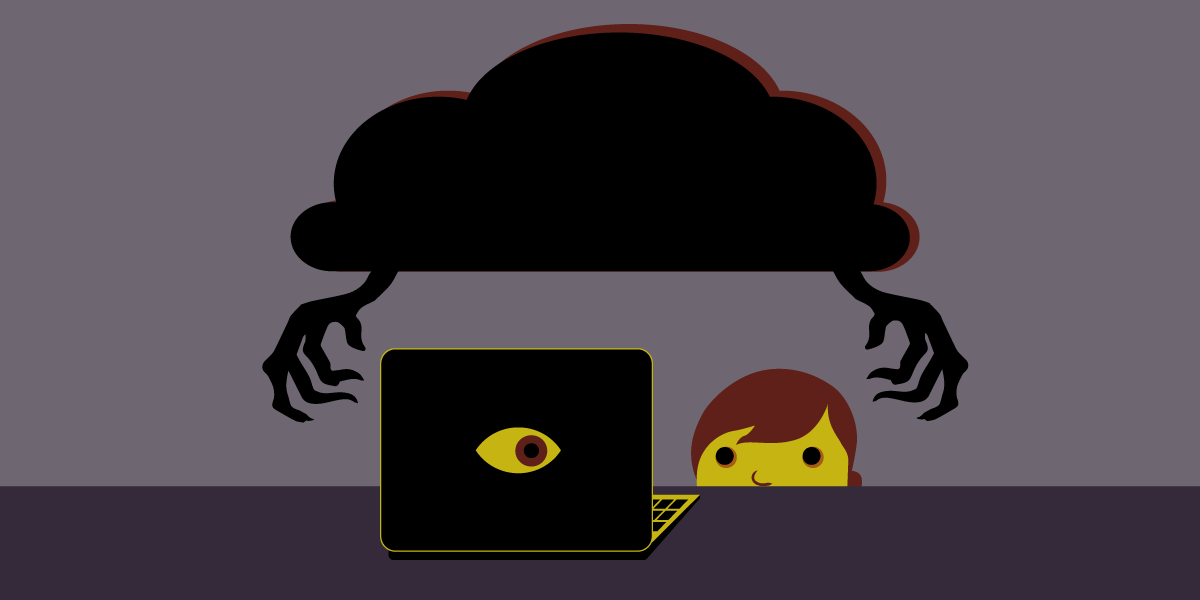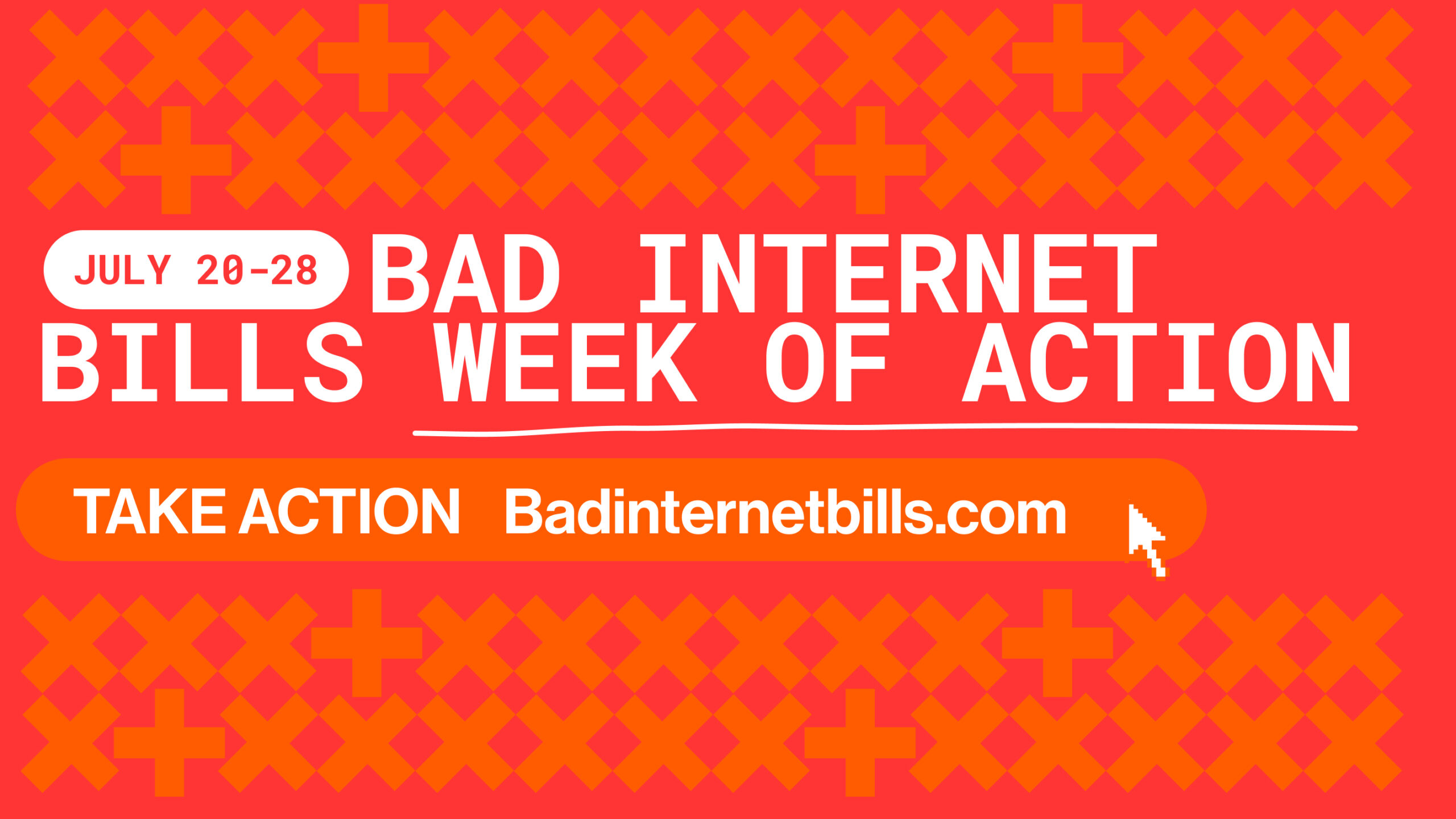The Nexus of Privacy
The Nexus Of Privacy looks at the connections between technology, policy, strategy, and justice. We’re also on the fediverse at @thenexusofprivacy@infosec.pub
- 8 Posts
- 18 Comments

 1·9 months ago
1·9 months agoThe law’s defintion of harm is extremely broad. Charlie Jane Anders has a good discussion of this in The Internet Is About to Get a Lot Worse:
“This clause is so vaguely defined that attorneys general can absolutely claim that queer content violates it — and they don’t even need to win these lawsuits in order to prevail. They might not even need to file a lawsuit, in fact. The mere threat of an expensive, grueling legal battle will be enough to make almost every Internet platform begin to scrub anything related to queer people.”

 2·9 months ago
2·9 months agoIn practice, when the AG threatens to sue and the law makes it clear that they’ll win (which KOSA currently does), companies will typically stop what they’re doing (or settle if the AG actually launches a suit)

 9·9 months ago
9·9 months agoYep. There’s money to be made here!

 10·9 months ago
10·9 months agoGreat point. Mike Masnick has said that he wouldn’t be surprised if Meta also comes out in support, for similar reasons.

 201·9 months ago
201·9 months agoTotally agreed that it opens things up to censorship in general and doesn’t actually make kids safer. Charlie Jane Anders’ The Internet Is About to Get A Lot Worse sets it in the context of book banning. The LGBTQ part is in the headlines because one big focus of the advocacy against it is highlighting that Democrats who claim to be pro-LGBTQ should not be backing this bill. This has been effective enough that Senators Cantwell and Markey both mentioned it in the committee markup, although it’s certainly far from the only problem with the bill.
Sec. 11 (b): Enforcement By State Attorneys General covers this. It’s hard to find – the bill text starts out with all the text removed from the previous amendment, and if you click on the “enforcement” link in the new table of context it takes you to the old struck-out text. It’s almost like they want to make it as hard as possible for people to figure out what’s going on!

 141·9 months ago
141·9 months agoThey get to position themselves as looking out for the children.

 211·9 months ago
211·9 months agoYes, exactly. For Senators who support LGBTQ+ rights and reproductice rights (or at least say that they do), focusing on the threat anti-trans AGs can be very effective; In Washington state, we put enough pressure on Cantwell last fall about the LGBTQ+ issues that she mentioned it in the hearing (as did Markey). 5calls and EFF’s scripts and emails are written to appeal to legislators from both parties (so just talk about the harms to kids and threats from state AGs in general terms), which makes sense for a one-size-fits-all form, but customizing it to your Senators’ priorities can make a lot of sense.

 1·1 year ago
1·1 year agoThis thread is talking about a US-based law, so I shared EFF’s perspectives on national IDs in the US. For a more international view, check out Why ID https://www.accessnow.org/campaign/whyid/ – which they’ve signed along with dozens of other civil society organizations.
It’s true that there are potential upsides of national ID systems as well as downsides. But as that Why ID letter says, “the scalability of digital identity programmes also makes their harms scalable. It is far from being proven that most digital identity programmes have brought additional benefits to users, without placing them at risk.” You’re right that private implementations have similar issues – data brokers and tech companies are as careless with data as government agencies are, and just as eager to abuse people’s privacy. But there are also some big differences: a national ID is mandatory, and the government has much more of an ability to put you in jail or deny you your rights.

 3·1 year ago
3·1 year agoWithin the privacy community, EFF’s viewed as pragmatists – far from absolutists or extremists. So I agree with @chakan2@chakan2@lemmy.world, it only gets regarded as extreme because big tech and the surveillance-industrial complex have normalized not expecting privacy.

 2·1 year ago
2·1 year agoThat’s one of the concerns. Here’s more, from https://www.eff.org/issues/national-ids
Mandatory national ID cards violate essential civil liberties. They increase the power of authorities to reduce your freedoms to those granted by the card. If a national ID is required for employment, you could be fired and your employer fined if you fail to present your papers. People without ID cards can be denied the right to purchase property, open a bank account or receive government benefits. National identity systems present difficult choices about who can request to see an ID card and for what purpose. Mandatory IDs significantly expand police powers. Police with the authority to demand ID is invariably granted the power to detain people who cannot produce one. Many countries lack legal safeguards to prevent abuse of this power.
Historically, national ID systems have been used to discriminate against people on the basis of race, ethnicity, religion and political views. The use of national IDs to enforce immigration laws invites discrimination that targets minorities. There is little evidence to support the argument that national IDs reduce crime. Instead, these systems create incentives for identity theft and widespread use of false identities by criminals. National ID cards allow different types of identifying information stored in different databases to be linked and analyzed, creating extreme risks to data security. Administration of ID programs are often outsourced to unaccountable companies. Private sector security threat models assume that at any one time, one per cent of company employees are willing to sell or trade confidential information for personal gain.
President Biden on KOSA: “Pass It, Pass It, Pass It”

 191·1 year ago
191·1 year agoPlenty of Democrats support this anti-LGBTQ+ bill – here’s the list of cosponsors. It really does have bipartisan support!

 2·1 year ago
2·1 year agoYeah, I’ve been telling people “good news: 25 comments on the article! bad news: almost all of them were about the acronym”. Oh well, we learn by doing. And as you say, a lot of people saw the acronym for the first time, and at least one person learned that two-spirt doesn’t refer to furries, so there was some useful education … it wasn’t my primary goal here but that’s never a bad thing.
Different terminology makes sense in different contexts – and from different people. For a lot of what I write, I want the resonance of queer’s charged history; other times, it might not make as much sense.

 2·1 year ago
2·1 year agoIt is very much a fraught topic, so thanks for the very good discussion! Many intersex and asexual people don’t think of themselves as joining the queer community; neither do some trans people, and for that matter some gay, lesbian, and bi people actively dislike the term “queer”. It’s complex! Sometimes it makes sense to highlight specific identities – which is what I did in the post I did on [A (partial) queer, trans, and non-binary history of Mastodon and the fediverse](A (partial) queer, trans, and non-binary history of Mastodon and the fediverse) – but sometimes an umbrella term is more useful, and there really aren’t any great options. It’s a fair point that non-binary, pansexual, and others aren’t included in the acronym … like I said in the post, I with with LGBTQIA2S+ for this one because there’s a Mastodon instance called lgbtqia.space, and Indigenous people are often overlooked in the fediverse so I thought it was important to call out the two-spirit aspect. That said if I had known that 75% of the comments on this post would be about the acronym I might have taken a different path!

 11·1 year ago
11·1 year agoIt’s tricky. There are asexual, intersex, and two-spirt people who don’t identify as queer so shortening it to LGBTQ can be seen as erasing identities (who are frequently already marginalized in queer communities). I don’t tend to use the full acronym in conversation, and you’re right that it reads like a product ID, but the asexual, intersex, and two-spirt people I know generally appreciate it.

 3·1 year ago
3·1 year agoHere’s how the article starts – I’ll put this in the main post here as well, thanks for the suggestion.
“Red alert! For the last six months, EFF, our supporters, and dozens of other groups have been sounding the alarm about several #BadInternetBills that have been put forward in Congress.We’ve made it clear that these bills are terrible ideas, but Congress is now considering packaging them together—possibly into must-pass legislation. I’m asking you to join us, ACLU, Fight for the Future, and other digital rights defenders in a week of action to protect the internet.”
– You Can Help Stop These Bad Internet Bills, Jason Kelley, Electronic Frontier Foundation

 25·1 year ago
25·1 year agoThere’s actually a footnote in the article about that!
I’m using LGBTQIA2S+ as a shorthand for lesbian, gay, gender non-conforming, genderqueer, bi, trans, queer, intersex, asexual, agender, two-sprit, and others who are not straight, cis, and heteronormative. Julia Serrano’s trans, gender, sexuality, and activism glossary has definitions for most of terms, although resources like OACAS Library Guides’ Two-spirit identities page go into a lot more detail. Serrano also discusses the tensions between ever-growing and always incomplete acronyms and more abstract terms like “gender and sexual minorities”. There’s a Mastodon instance called lgbtqia.space, and Indigenous people are often overlooked in the fediverse, so I decided to go with the acronym despite its problems.







Technically yes but judges get annoyed if there’s absolutely no case, so they rarely do – and if they threaten when there’s no case, larger companies will look at it and say the threat’s not real.